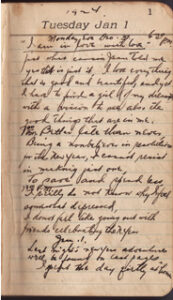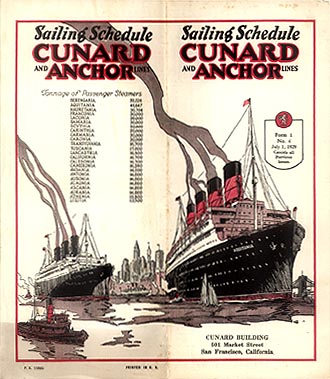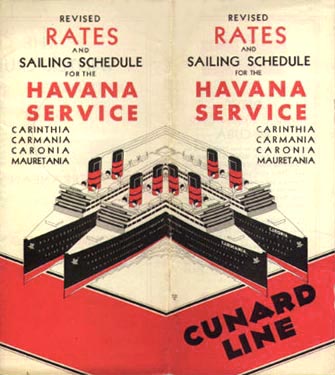
——–
Beloved:
Before I go to the store I wish to write to you a
few lines, it is raining now and I won’t miss anything
if I’ll get there a little late. 2
You know Dear, your promise to be at the store
tomorrow after the court session was the stimulant that
gave me new life.
I had passed another miserable night in the fear
that I might lose you a thought that is torturing my mind.
You know Beloved: that I am of the idealistic
kind, and of all my ideals you are the one and only one
worth living and fighting for. 3
I have often read of people who who felt tired of
life, then I could hardly conceive anything of the sort, but
last night I felt it, I was so sceptical for a moment that
I really had those thoughts.
Sweetheart! let the opinion about me by your
your better friends like Mr. Richman, Aunt Celia etc.
outweigh that of gossips who really haven’t your best
interests at heart.
Oh Dear: when I reached home last night the world
was dark for me, I was whol wholly distressed.
With you Beloved life will be one of sunshine, everything
happiness, ambition and indefatigable spirit.
Without you (Lord beware) a life of desolation and
neglect, ambition killed and nothing to live and fight for
If I’d hear a melody it would fill my heart with sadness
instead of joy, The sun, the moon in fact everything that
beautiful nature has to offer would only remind me of You Sweetheart
and my lost happiness.
Beloved we are both meant for each other, Believe in
me, trust me. I am fighting my uphill battle and with your
encouragement nothing will stop me from getting to the top. 4
I will call you at 1:05 P.M. tomorrow (Wed.) on phone.
Meanwhile Dear Sweetheart Adieu.
Your loving
Harry
—————-
1 – I have only a few of Papa’s letters left and, since I remember how melancholy I felt when I published the last entry in his diary at this time last year, I’ve tried to put off the day when I publish his last letter (and with it the last words of his in my possession) by taking longer and longer between posts. In any event, I’ll pick it up again with this particularly difficult and raw moment in March of 1930, after my grandmother had agreed to marry Papa but had not, apparently, let him think it counted for much.
2 – Papa was an honest and responsible sort who was probably never late to work, much less deliberately so; his need to get his feelings on paper really must have been overwhelming. What could my grandmother have said to him to make him think their engagement was so tenuous? Had she hinted that she might change her mind, or even overtly told him that she was having second thoughts?
3 – As we’ve discussed at length before, Papa’s idealism was one of his most admirable qualities, but it may also have led to many of his romantic difficulties. As we saw in his 1924 diary, his need to find an ideal, perfect partner often left him unexcited by “ordinary” women, or, even more dramatically, resulted in cycles of elation and disappointment in which he’d meet a seemingly perfect woman only to be dismayed when she (as all people do) inevitably displayed less-than-perfect behavior.
For a number of reasons that we’ve also discussed, Papa had decided, by early 1925, to break these patterns. While I have no doubt that he truly loved my grandmother, I also think he was resolved not to find fatal faults or grow disenchanted with her. The fact that my grandmother was not ready, at 17, to be the object of his resolve didn’t seem to bother him much, at least for a couple of years. It was not until 1929 that his belief in the inevitability of their union started to buckle under the weight of her pointed attempts to cool his ardor and her ongoing interest in other men.
By the time Papa wrote this letter, though, my grandmother had agreed, decisively if not enthusiastically, to marry him. This would have been a great relief to him because it put an end not just to six years of courtship, but to the sense of displacement Papa had never shaken in the seventeen years he’d been in America. Now, at last, he could settle in this country and make it his own. Expressions of doubt from my grandmother, at this late stage, revived the specter of Papa’s long bout with loneliness and disorientation, and I don’t doubt that the idea of slipping back into that state was truly “torturing” his mind.
4 – Papa was a romantic sort and loved the melodrama of opera, great poetry, silent movies. I think the language he uses here stems from those influences, though of course the worry he expresses is sincere and immediate. What he meant here by getting to “the top” is hard to say since it means different things to different people, but I think I can guess what he had in mind:


 [Note: This entry appears on the Jan 1 page of the diary,
[Note: This entry appears on the Jan 1 page of the diary,













